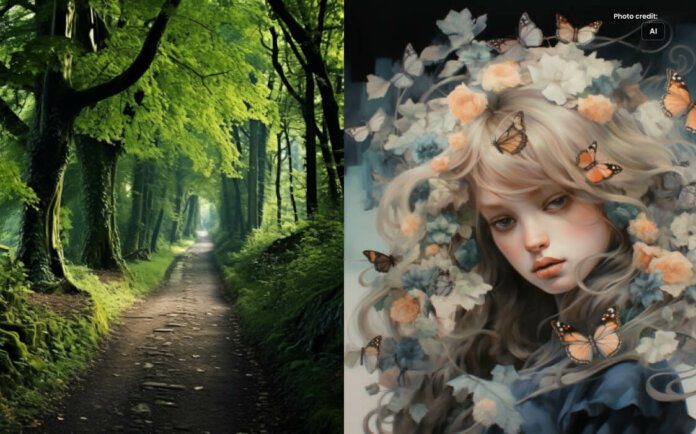WA court rules AI-created artwork not protected by US copyright law.
US District Judge Beryl Howell affirmed the Copyright Office’s denial of a request made by computer scientist Stephen Thaler on behalf of his DABUS system by stating that only works with human authors are eligible for copyright protection.
The ruling comes in the wake of Thaler’s failures in his attempts to get US patents for ideas he claimed were produced by Device for the Autonomous Bootstrapping of Unified Sentience (DABUS).
With varying degrees of success, Thaler has also applied for DABUS-generated patents in the UK, South Africa, Australia, and Saudi Arabia.
Ryan Abbott, Thaler’s attorney, stated that he and his client vehemently disagree with the judgment and will appeal.
In a statement, the Copyright Office stated that it “believes the court reached the correct result.”
Generative AI is a rapidly expanding field that has generated fresh intellectual property concerns.
Despite the artist’s claim that the AI system Midjourney was an integral part of their creative process, the Copyright Office denied the artist’s request for copyrights on images created using the system.
The unauthorized use of copyrighted materials to train generative AI has also given rise to several ongoing litigation.
“We are approaching new frontiers in copyright as artists put AI in their toolbox,” Howell stated. This will lead to “challenging questions” for copyright law. But this case is not nearly as complicated, he noted.
Thaler submitted an application for a copyright in 2018 for “A Recent Entrance to Paradise,” a work of art he claimed his AI system produced entirely on its own without any human input.
Last year, the office denied the application and stated that in order for creative works to be copyrighted, they must have human writers.
In a lawsuit against the ruling, Thaler argued that human authorship is not a legally binding condition and that permitting AI copyrights would be consistent with the US Constitution’s stated purpose for copyrights, which is to “promote the progress of science and useful arts.”
The Copyright Office and Howell both agreed that human authorship is a “bedrock requirement of copyright” based on “centuries of settled understanding.”




